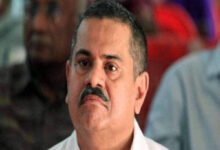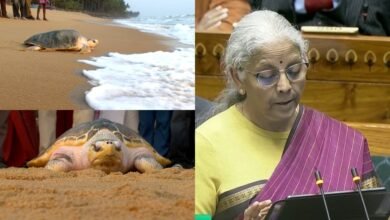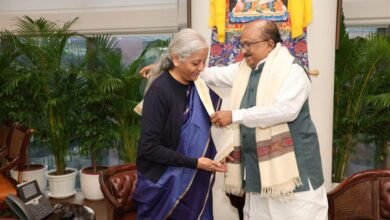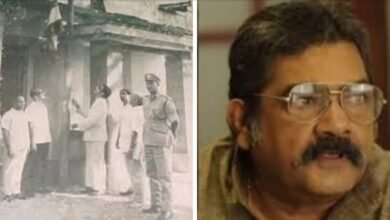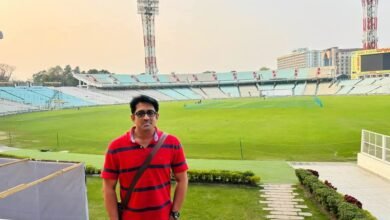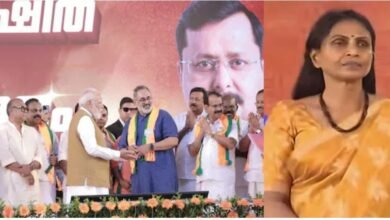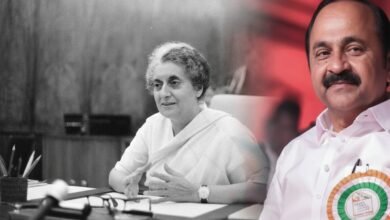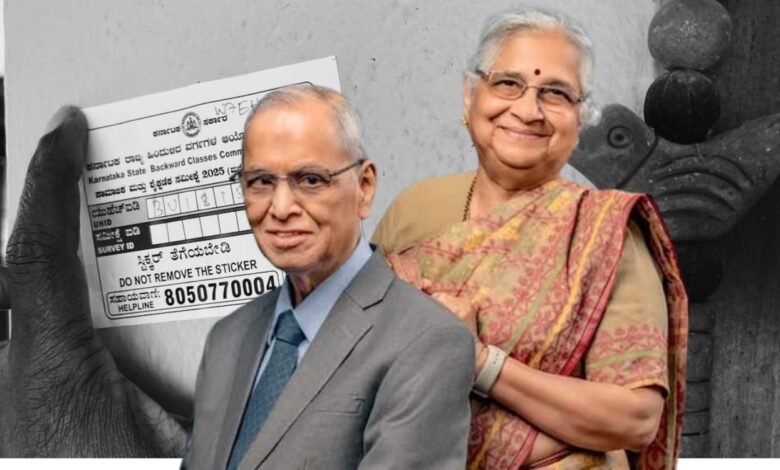
Sudha Murthy, Narayana Murthy Opt Out of Caste Survey; Minister Asks, ‘Will They Refuse When Centre Does It?’
BENGALURU: Infosys founder Narayana Murthy and his wife, Rajya Sabha MP and author Sudha Murthy, have formally declined to participate in the ongoing caste survey being conducted by the Karnataka government. The power couple reasoned that their participation would not be beneficial to the government as they do not belong to any backward class.
Their decision has drawn a sharp response from Karnataka’s Labour Minister, Santosh Lad, who questioned their stance.
In a signed letter explaining their refusal, the Murthys stated, “We do not belong to any backward class. Hence, participating in this survey will not be of any help to the government. Therefore, we decline to participate.”
Reacting to the development, Minister Santosh Lad clarified that participation in the survey is not mandatory. “This is not a compulsory survey. But I hope she can say the same when the BJP-led central government conducts its caste-based census next year,” he remarked.
When asked if the refusal by influential figures like the Murthys would impact the survey, Lad downplayed its significance. “Who is influential or not is subjective and highly debatable. I don’t think their decision would have any impact on society,” he added.
Deputy Chief Minister D.K. Shivakumar also commented on the matter, stating, “We cannot force anyone to participate in the survey; it has to be done voluntarily.”
The state government has maintained that the caste survey is crucial for promoting a more equitable society. It argues the data collected will aid in the better implementation of welfare schemes and more effectively empower deprived and vulnerable groups.
The Social and Educational Survey, conducted by the Karnataka State Commission for Backward Classes (KSCBC), began on September 22 and is scheduled to conclude on October 19. The extensive survey, which includes 60 questions, is expected to cost ₹420 crore. A final report is slated to be submitted to the state government by the end of the year.

